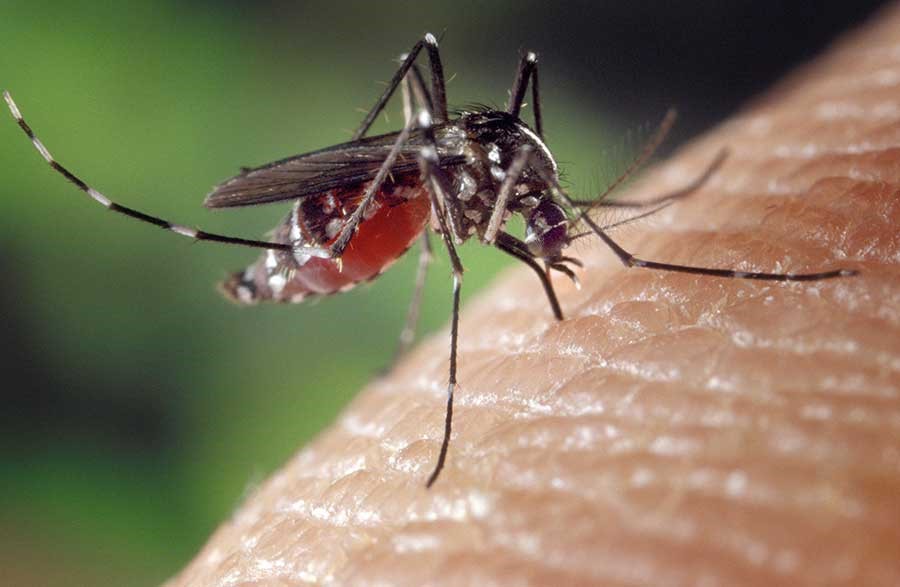Planning a trip to Florida? The state is currently bracing itself as more reports come in about new, locally transmitted cases of the Zika virus from the popular Miami Beach. Here’s the latest on the spread of Zika in the Sunshine State.
On August 3, The Centers for Disease Control and Prevention (CDC) in the United States issued an unprecedented travel warning for pregnant women and their partners who were planning to travel to the Wynwood suburb, just north of Miami. This warning extended to parts of Miami-Dade County and was the first instance where the CDC had issued a warning against travel within the continental U.S. for fear of contracting an infectious disease. Included in this, the CDC encouraged pregnant women who had visited the area on or after June 15 to be tested immediately.
As of August 19, the CDC has confirmed new reports of locally transmitted cases of the virus in Miami Beach, which is packed at this time of the year with late-summer tourists. This new area is considered part of the Zika Zone and the CDC travel warning has been expanded to include all of the City of Miami and an advisory for all of Miami-Dade County. The CDC took this step out of an abundance of caution.
To date, the total number of cases linked directly to mosquito bites in South Florida is 36, but that number is expected to continue to rise since Florida is still experiencing summertime temperatures. The majority of cases are linked to the one-square-mile Wynwood area, with two cases reported from nearby Broward County and five from the Miami Beach area.
In spite of conscientious mosquito control measures within the Zika Zone, it’s unclear why the aggressive efforts to combat the problem have been unsuccessful. Experts are looking into whether the insects may be resistant to the pesticides being used or if they could be breeding in hidden or protected areas where the pesticides cannot reach effectively.
Recommendations from the CDC for people traveling to the affected area:
• Apply insect repellents that contain at least 25% DEET to uncovered skin
• Wear thick long-sleeve shirts and long pants that can repel the insect’s bite
• Close windows and use air conditioning
• Make sure any open windows have screens in good repair
• Remove all standing water where mosquitos can lay eggs and breed
U.S. health officials acknowledge that more cases will occur but do not expect the outbreak in Florida to be widespread because communities in the southern U.S. have good track records with mosquito control, and most people will remain indoors and use air conditioning as much as possible.





